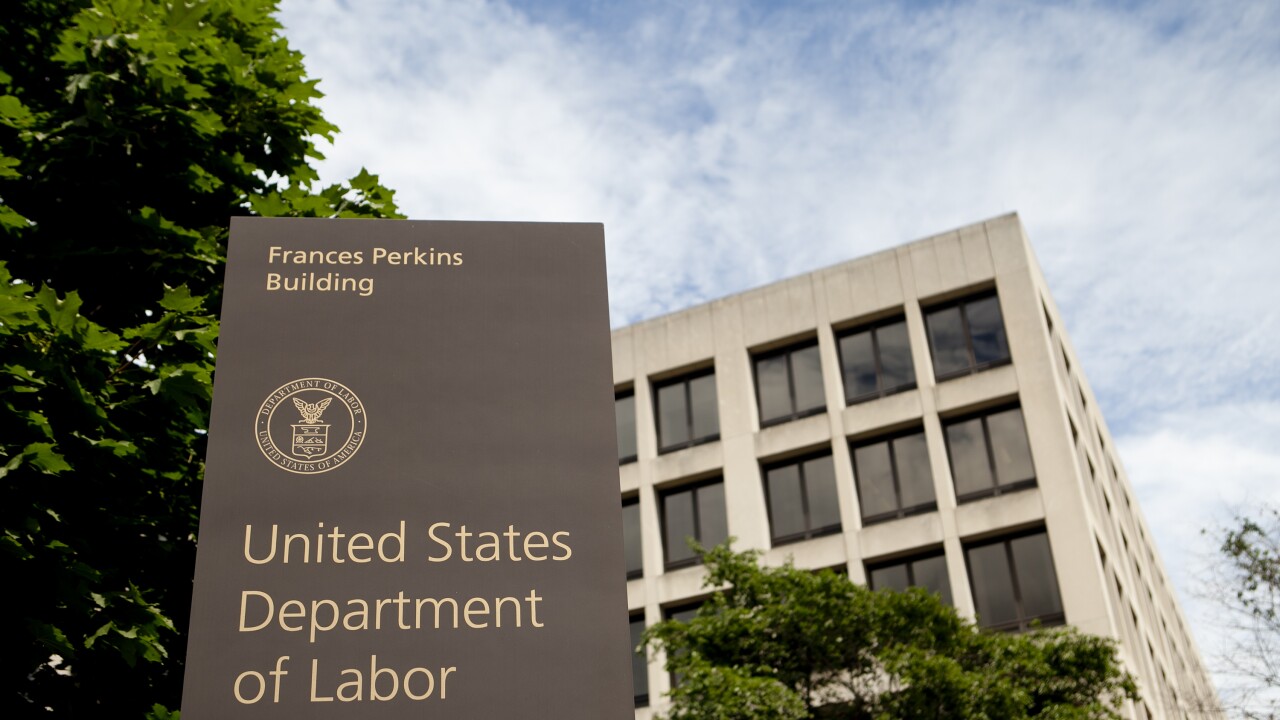U.S. online retailers like Amazon.com Inc. stand to gain from the Trump administration’s push to throw open the doors for Canadians and Mexicans to buy American goods duty-free.
The U.S. is demanding Canada and Mexico raise the threshold at which duties are applied to purchases crossing the border, according to two people with knowledge of a proposal put forward during negotiations on the North American Free Trade Agreement. Canadians pay import taxes on purchases from the U.S. above C$20 ($16), and Mexicans pay duties when they buy more than $50.

Raising the threshold to about $800 -- the same as in the U.S. -- was a stated goal in U.S. Trade Representative Robert Lighthizer’s list of Nafta objectives released in July. The Trump administration is sticking to that goal in talks, said the people, who asked not to be named because the talks aren’t public. Round four of the discussions will take place in Washington from Oct. 11-15.
Raising the so-called de minimis levels would affect everything from the amount of clothing and big-screen TVs consumers can afford when shopping across the border, to the deals they find online through exchanges such as EBay Inc.
With this proposal, Amazon has found an unlikely champion in President Donald Trump, who has tweeted criticism that the firm is hurting tax-paying retailers. Amazon’s founder Jeff Bezos also owns the Washington Post newspaper, which Trump has also frequently attacked over its coverage of his campaign and administration. The issue is also an example of how Trump’s team is pushing to lower export barriers, even as it explores measures to discourage imports and protect American companies.
Amazon, through a spokeswoman, declined to comment.
Nafta Concerns
Mexico and Canada have both said that raising the de minimis level could be a burden for their domestic industries. It risks inflaming tensions at a time when Mexico and Canada are already chafing at U.S. demands for major concessions that would slash its trade deficit. Traditional retailers in both Canada and Mexico oppose the proposal, concerned that e-commerce companies like Amazon will undercut them on prices. Mexico’s shoe and clothing producers also worry that raising the limit will lead to more imports from Asia.
At stake during the negotiations -- which the parties want to wrap up by year-end -- is the future of the entire deal. President Donald Trump has called Nafta a “disaster” and threatened to pull out of the agreement if he can’t get more favorable terms.
Amazon is among the companies that would stand to benefit most from the change, based on its scale as the world’s largest online retailer by sales and the efficiency of its shipping operations, said Gary Clyde Hufbauer, a senior fellow at the Peterson Institute for International Economics.
“In terms of beneficiaries, there’s no doubt that the big one that would leap to mind is Amazon, and after that possibly EBay,” said Hufbauer. “This would also be great for consumers in Mexico and Canada to be able to buy online with minimum hassle.”
The U.S. raised its own de minimis threshold to $800 in March 2016 from $200 in order to accelerate shipment delivery, reduce costs for importers and make products cheaper for its consumers. Canada’s threshold hasn’t changed in decades, according to the C.D. Howe Institute.
Cross-Border Disparity
While Amazon would be an obvious beneficiary of an increase to the level for Canada and Mexico, FedEx has also called for a boost, telling Lighthizer in a response to requests for comment about Nafta earlier this year that the current disparity represents “a severe constraint on the ability of U.S. e-commerce platforms” in the other Nafta nations. FedEx argued that Canada would save more annually by a reduction in customs inspections than it would forgo in additional tax revenue, and that the reduced paperwork would make life easier for both consumers and businesses.
The Retail Council of Canada says that even raising the threshold to $200 would put the nation’s own stores and online retailers at a disadvantage, because products from the U.S. would come in duty-free, while Canadian merchants would need to continue to collect sales tax. That would give American online merchants an average 12.3 percent price advantage, according to the council.
Increasing Canada’s threshold to C$80 would have a $202 million direct economic boost, while raising it to C$200 would generate C$361 million, according to a 2016 study by C.D. Howe, which used data from companies including UPS and EBay.
Updating customs systems to reflect the growth of online commerce is just one priority for technology companies. They’re also lobbying to minimize restrictions on cross-border data flows and ensure copyright protections don’t come down too hard on Internet users.
Tech industry officials are also concerned that language about copyright balance in the Trump administration’s Nafta proposal appears to be tilted in favor of U.S. film studios and record companies, according to one person briefed on the talks.
Still, software firms are cautiously optimistic that a new e-commerce chapter within Nafta won’t impose burdensome rules that impede the flow of data, said Aaron Cooper, vice president of global policy at the Business Software Alliance, which represents companies including IBM and Oracle.
“The kinds of services that our companies are providing are used by Canadian companies, by Mexican companies, by U.S. companies,” Cooper said. “The ability to transfer data within the region is important for all those services to work.”





